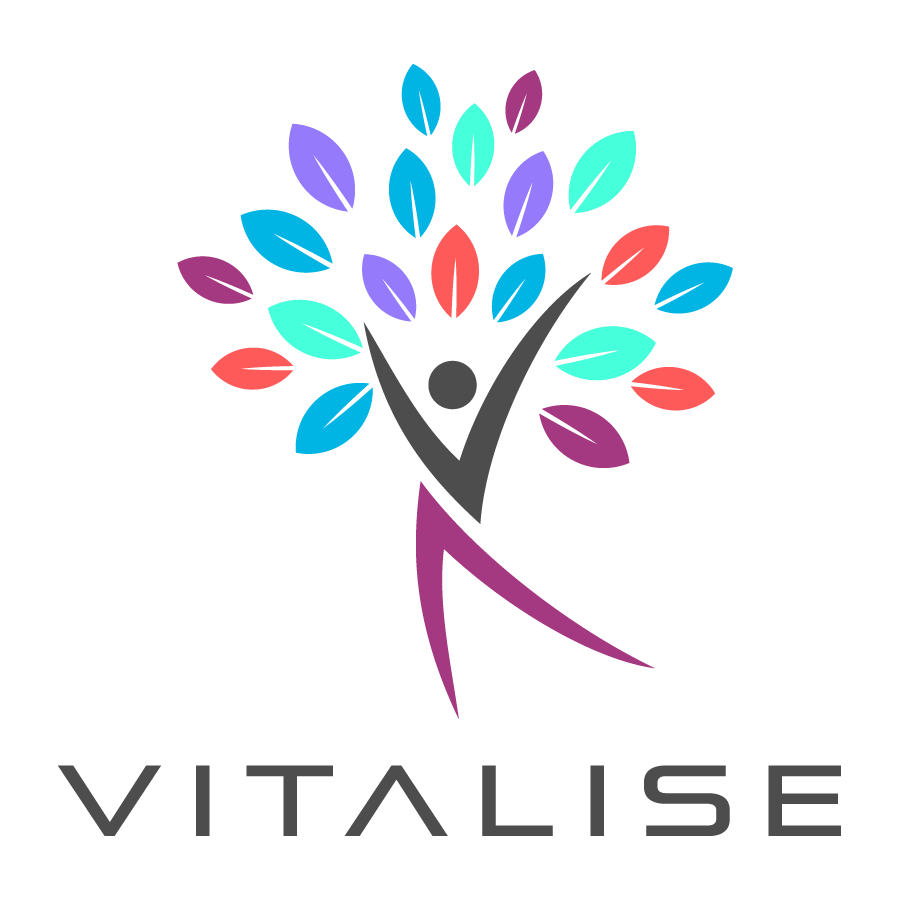Concept and proof-of-concept tests – concept feasibility study
Description: Concept test is a low cost and quick process in which a high-level concept is tested with real end-users via different methods such as interviews and surveys. In order to conduct a concept test, preliminary concept description must exist in written or visual format, which is then communicated to the real end-users or experts. The main aim is to collect feedback for the initial concept proposal and its possible variations. Concept test can also include a feasibility study, which also covers technical, economic, legal, operational and scheduling issues relating the proposed concept. In all, concept-testing phase verifies if a concept has market interest, while feasibility study shows if the product or service based on concept can be developed. Collected feedback also includes improvement suggestions.
R&D service category-ies: Testing and validation, Co-creation
Key characteristics in Living Lab context:
Core service in LL
Participants’ role: Two main actors (projects and companies), joint work among Living Labs and interested partners/stakeholders
Process phase: After concept co-creation
Objectives:
- Verify if a concept has market or research interest,
- Testing early “prototypes” to get feedback for development, identify improvement suggestions,
- Concept feasibility test focuses on verifying if concept can be technically/economically done (preliminary assessment),
- Provide development recommendations based on user/patient/customer experience and needs, identify key measures to investigate in follow-up tests, personalized in the client need and varies case by case
Methods: Survey, demo-session, interview, Wizard of Oz
Tools: Paper prototype, visual dummies close to final (visual UI), visual VR can be used to test- multitasking (real work), long term evaluations, interviews, questionnaires
